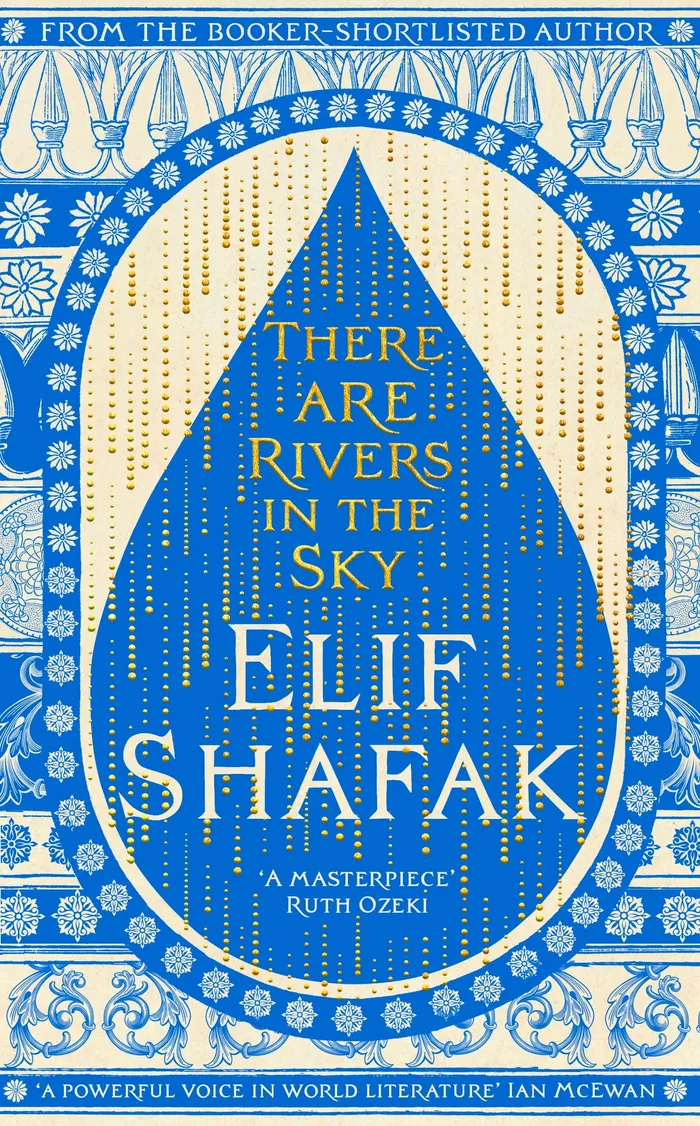Book review: There are rivers in the sky

There are rivers in the sky
Elif Shafak
Penguin Random House
Review: Karen Watkins
Shafak masterfully blends history, memory, cultural heritage and a cracking story in her latest novel.
She takes us from the ancient city of Nineveh in Mesopotamia to Victorian London then on to Türkiye in 2014 and finally back to London in 2018.
At its core is the story of an ancient 13-page lost poem: The Epic of Gilgamesh, written on tablets, shattered and lying along the banks of the Tigris River.
The three main characters are connected through a single drop of water, initially as a snowflake falling into the mouth of a baby on the River Thames, it then evaporates travelling to a spring, the oceans, Constantinople, the Taurus Mountains and eventually back to London as a teardrop.
Arthur is born on the polluted Thames in 1840. Narin is a Yazidi girl fleeing the violence of ISIS in 2014. Zaleekhah is a hydrologist struggling with personal loss who lives on a boat on the Chelsea Embankment in 2018 London.
Shafak’s portrayal of historical and current events enrich the story, such as the destruction of ancient sites like Hasankeyf - a place that left its mark on Shafak, as it did myself when I visited the area, or the Ilisu Dam and the debate on museums and who owns cultural heritage.
Her meticulous research is awesome. Peppered throughout are themes of genocide, depression and poverty on the human spirit and the horrors of modern slavery and human and organ trafficking.
However, Shafak’s style and the depth of her characters guarantee a rewarding read and satisfying ending. The novel’s central message, that “water remembers, it is humans who forget,” resonates long after the final page is turned, leaving much food for thought.
In her acknowledgements, Shafak ends: “this is where my heart led me”. It’s an excellent read with many plot threads so well tied together. It’s no wonder that Shafak is the 2019 Booker Prize finalist author of The Island of Missing Trees.